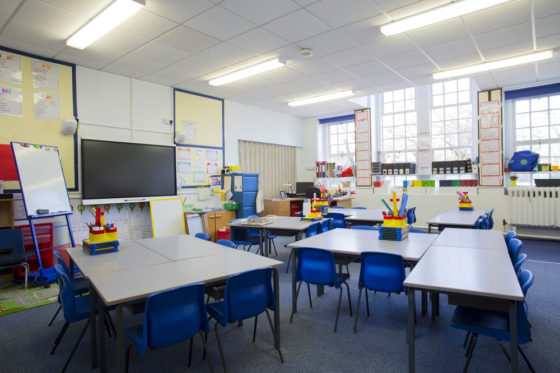Corona research short of case studies thanks to success in combatting virus


One important corona study on domestic transmission within families may take longer to complete because of a lack of new subjects. Dr Patricia Bruijning-Verhagen, associate professor in epidemiology at the University of Utrecht and part of the Julius Center Research Program Infectious Diseases, said that because of the drop in the number of coronavirus infections in the Netherlands, she is still seeking more volunteer families.
Buijning-Verhagen is investigating how the virus is transmitted between family members including children of different ages and asymptomatic transmissions – plus the impact of different measures to reduce household spread.
But although primary schools opened partially on May 11, and more schools are due to open on June 2 and June 8, she said that the overall infection trend is declining and that fewer families have been coming forward in the past three weeks.
She added that scientists have always suspected that closing schools would do little to change infection rates, and this seems to be the case from international evidence and observation.
‘Closing the schools happened at a time where we were seeing exponential growth in the number of cases and the projections for ICU bed occupancy and hospitalisation numbers were concerning,’ she tells DutchNews.nl. ‘At that point there was already an idea amongst modellers and epidemiologists in the Netherlands that the contribution of children to the epidemic was rather small and that the closure of schools would not add much to other containment strategies.’
She added that primary schools appear to have successfully put in place measures to ensure a 1.5m distance between teachers and pupils, and to keep separate classes apart – something that will have to be ‘the new normal’ in education once it opens.
‘In the primary school system right now they are seeing half of the students at a time and there are a lot of measures taken to reduce the number of contacts between students and the teachers,’ she says.
‘There’s no mingling between groups – you enter your classroom and stay for the day, you play on the school yard with your group, parents are not allowed to enter the school and more, and they take their coats to their chairs instead of using coat hooks in the corridor. Even when we go back to full [primary] school occupancy on June 8, those measures will be in place.’
She added that – unlike in the UK where there is some resistance to reopening schools – in the Netherlands, the risk is seen as ‘acceptable’. She added: ‘The risks of infecting the teacher are really small, especially given the measures we have in place. The other way round, that the teacher infects the students is a bigger risk. But then the students when they get infected usually have a mild infection or are asymptomatic… Here in the Netherlands, we see it as an acceptable risk.’
Thank you for donating to DutchNews.nl.
We could not provide the Dutch News service, and keep it free of charge, without the generous support of our readers. Your donations allow us to report on issues you tell us matter, and provide you with a summary of the most important Dutch news each day.
Make a donation